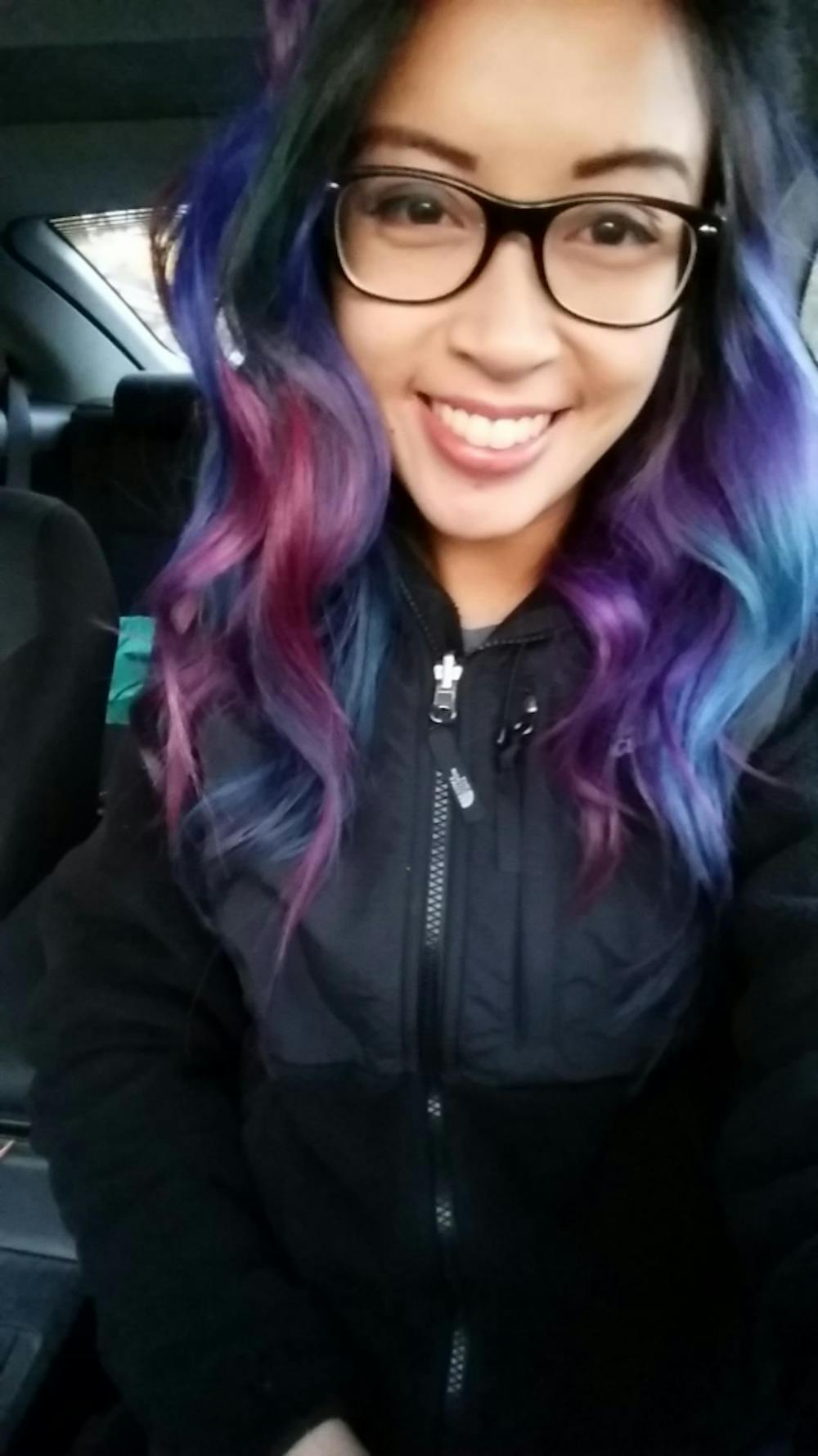by Jill Pham |
Why should I say “black lives matter” instead of simply saying “all lives matter”? What’s the big deal anyway? Well, let’s unpack that.
The phrase “black lives matter” does not mean that no other lives matter. It highlights the fact that black men and women are disproportionately likely to be physically harmed and killed by police than other racial/ethnic groups in the U.S. “All lives matter” is something we all should believe in, including and especially law enforcement.
The media coverage of unarmed black people being killed by police over the last two years is important; however, it is not a new phenomenon. There have been movements across history trying to address structural violence against communities of color. For example, members of the Black Panther Party used to patrol neighborhoods, watching police interactions to ensure that their community members would not be harmed.
Today, organizations like Don’t Shoot Portland and Black Lives Matter chapters across the nation do this too. These groups utilize social media to raise awareness and spread news.
So let’s take a look at some statistics.
The United States census puts white people comprising 76.3 percent of the population and black people at 13.7 percent. Yet, unarmed black people are five times more likely to be killed by police than unarmed white people. Latinos are also more likely than whites to be killed or injured by police officers. If all lives mattered, then how is this possible? Something needs to be done to address this systemic and pervasive form of structural racism.
Some may think that there is a “war on police.” Yet, the number of police officer deaths in the line of duty has been declining since the 1960s. In 2015, 133 police officers were killed in the line of duty. Also in 2015, at least 336 black people were killed by police. Of those 336 deaths, 97 percent of them did not result in any charges on the police officer. Some police departments didn’t kill anyone in 2015.
I am not trying to paint a picture of all police officers as morally corrupt people. The police officers that are involved in unjustifiable physical harm and deaths of unarmed black citizens need to be held accountable.
So what does this have to do with UP?
University of Portland is located in one of the most diverse neighborhoods in Portland. UP is only 1.6 miles from Roosevelt High School, which is one of the most diverse high schools in the Portland Public School district. In an informal survey of students on campus, some respondents predicted the student body to be majority white. They were right.
Other respondents were relieved when they learned that the number of white students was actually lower than they estimated. But that points to a larger issue: Who are you surrounding yourself with if you perceive your school as being much more “white” than you think it is? Black lives should matter at UP too.
Our university is not the only university facing this issue. This issue falls under the large umbrella of systemic racism that communities of color have been experiencing for hundreds of years.
The Black Lives Matter at UP group talks about these issues every week. We hope to raise awareness to issues like disproportionate amounts of police brutality toward communities of color. Come join us at our panel discussion, Getting Started: A Conversation about Race and Community. It’ll be hosted in St. Mary’s on Tuesday, March 15 at 7 p.m. There will be panelists from on campus as well as some from law enforcement.
Jill Pham is a senior social work major and can be reached at phamj16@up.edu.








